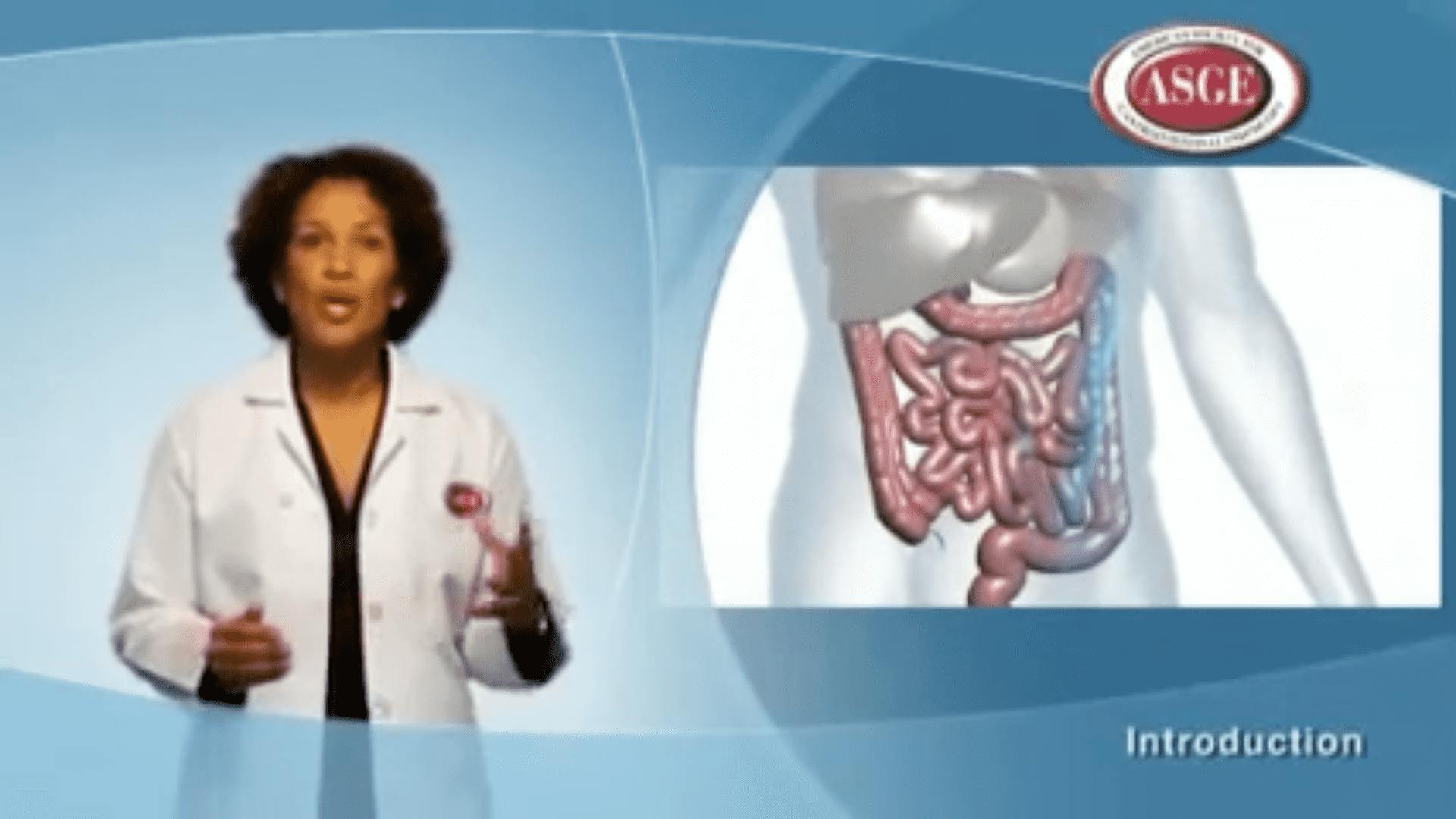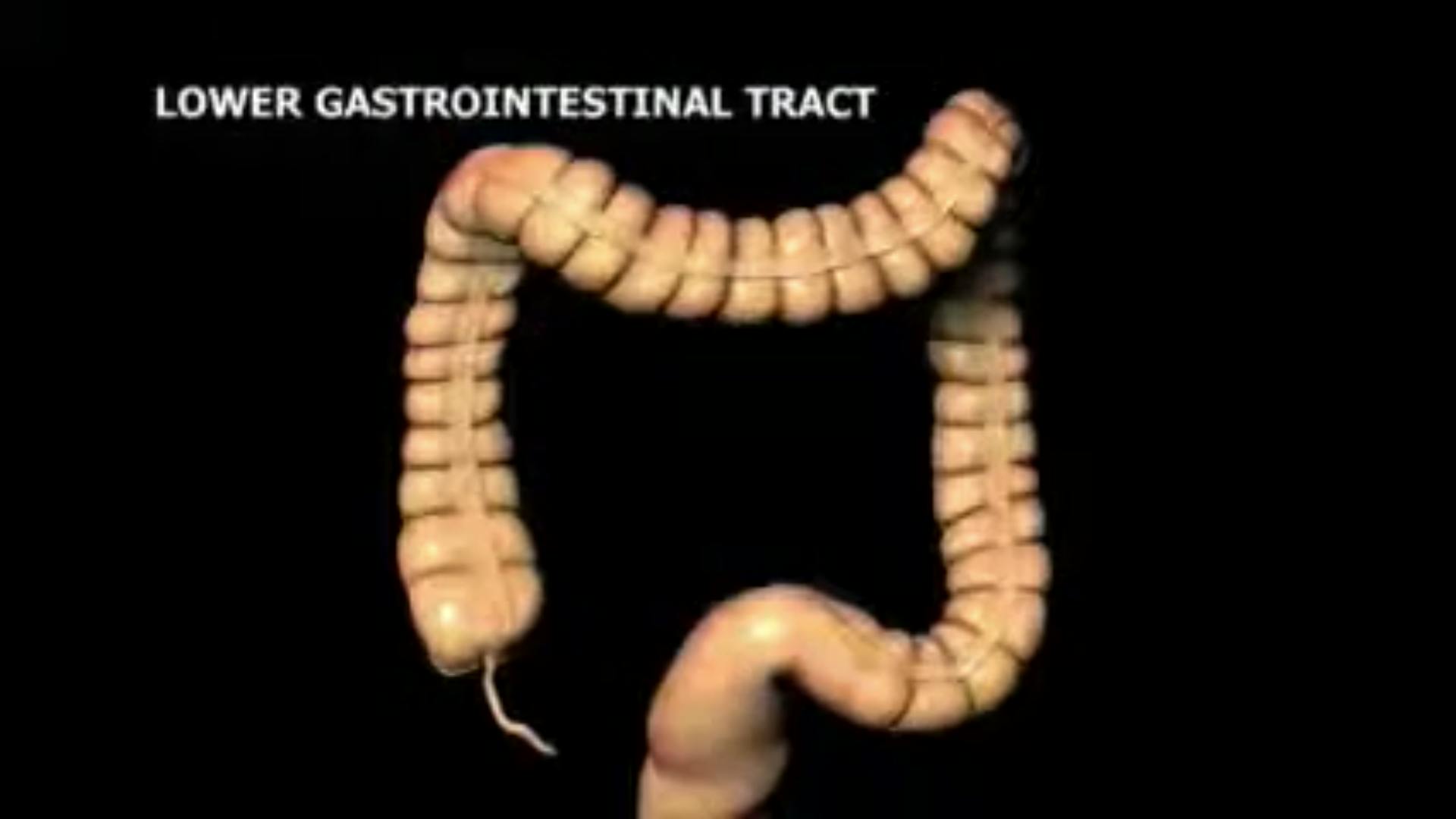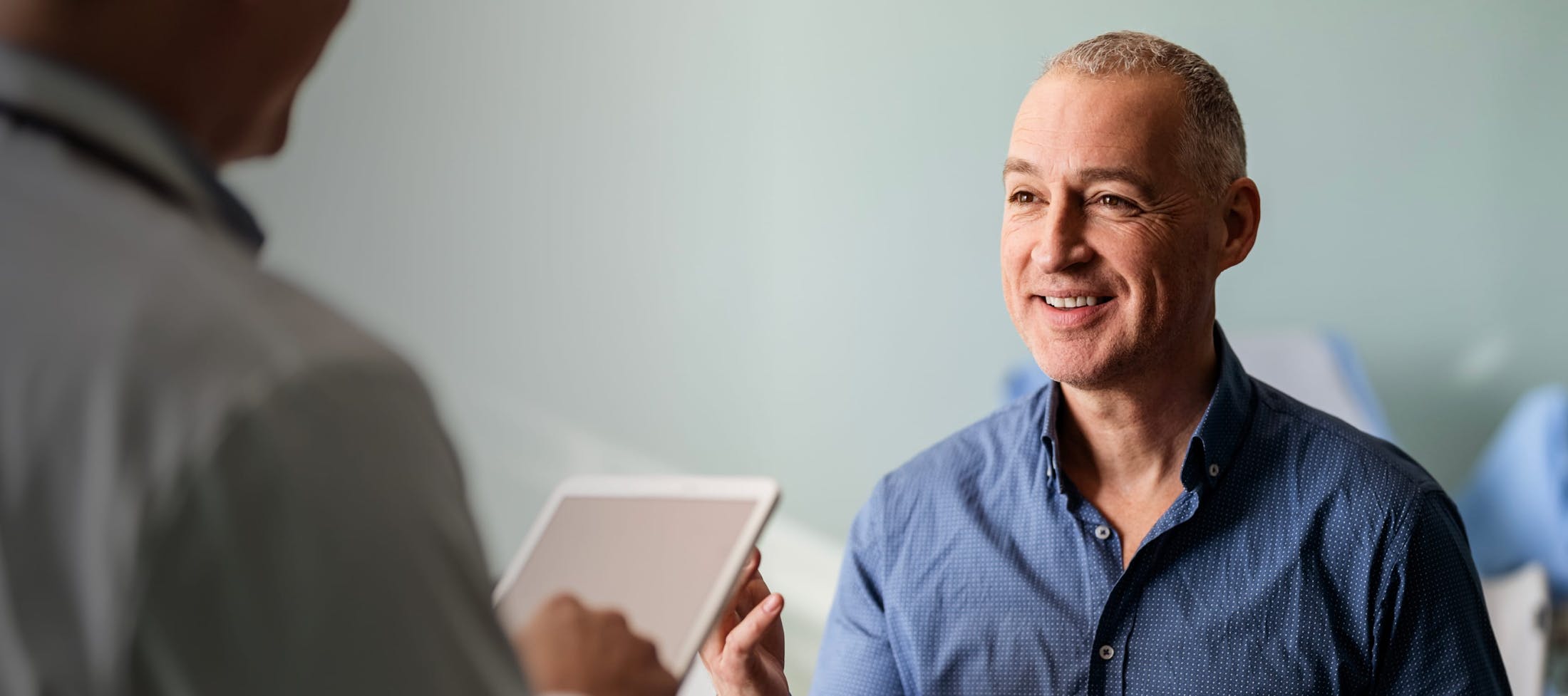A colonoscopy is a routine procedure to screen for colon cancer and to diagnose the cause of symptoms such as diarrhea and abdominal pain. The board-certified doctors at Peak Gastroenterology Associates have extensive experience performing colonoscopies at their Colorado Springs, Denver, and Lone Tree, Colorado clinics. If you have questions about colon cancer screening or need to schedule a diagnostic colonoscopy, call one of the offices or book an appointment online.
When Should I Get a Colonoscopy Screening?
The threat of colorectal cancer is not something that should be taken lightly. This common disease is the deadliest form of cancer for men under the age of 50 and the second deadliest for women under the age of 50. Fortunately, as long as you're diligent and proactive, prevention is possible.
When colon polyps first appear, they’re always benign or noncancerous. Over the years, however, the cells in the polyp may start growing abnormally and become cancerous. A colonoscopy prevents colon cancer by finding and removing polyps before they become cancerous or while cancer is still confined to the polyp.
Healthy patients with an average risk of developing colon cancer should schedule their first colonoscopy at the age of 45. After that, it's important to schedule at least one colonoscopy every decade. However, if you have increased risk factors, such as a family history of colorectal cancer, it's essential that you start getting colonoscopies even earlier. For individuals with an increased risk of colon cancer, we typically recommend getting your first colonoscopy either at age 40 or 10 years earlier than the earliest case of colorectal cancer in your family history.










